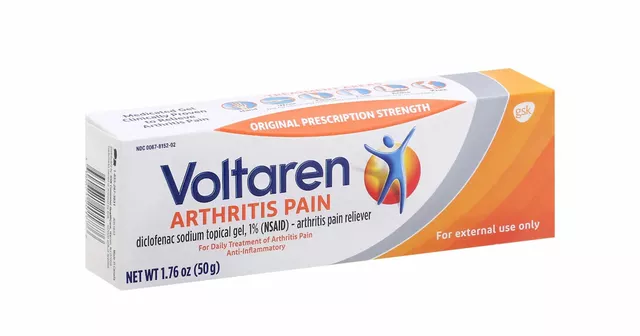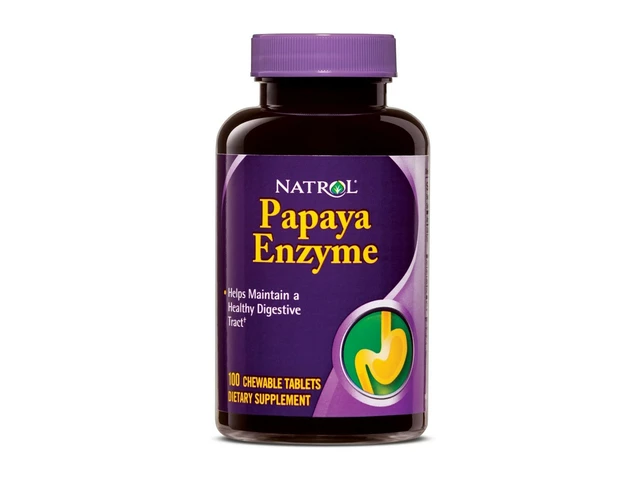Overall health: small habits that actually improve your life
You won’t fix everything with a pill. Small, consistent changes move the needle more than dramatic one-time efforts. Below are practical steps you can start this week to protect your body, mind, and the meds you rely on.
Simple daily habits that work
Sleep 7–9 hours most nights. Poor sleep raises inflammation, messes with mood, and makes cravings worse. Try a consistent bedtime and cut screens 30 minutes before sleep.
Move every day. Aim for 150 minutes of moderate activity a week plus two sessions of strength work. Walks, bike rides, or bodyweight exercises protect your heart, joints, and metabolic health.
Eat more whole foods. Fill half your plate with vegetables, include a source of protein at each meal, choose whole grains, and limit added sugar. That pattern helps energy, weight, and immune function.
Stay hydrated. Drink water throughout the day. Thirst can look like fatigue or hunger, and staying hydrated helps digestion and joint comfort.
Manage stress with short, real routines. Five to ten minutes of breathing, a quick walk, or a focused break can lower daily stress and improve sleep. Pick something you’ll actually do.
Medication and supplements: what to watch
Keep a current medication list. Include prescriptions, OTCs, and supplements. Share it with every provider and update it after any change. That prevents dangerous interactions.
Take meds as prescribed. Missed doses, doubling up, or stopping suddenly can be harmful. If side effects bother you, call your prescriber before changing or stopping the drug.
Be cautious with online pharmacies. Only use sites that require a valid prescription, show clear contact info, and are licensed. If a site sells prescription drugs without a script or seems too cheap to be real, skip it.
Choose supplements carefully. Pick brands with third-party testing and evidence for the claim. Omega-3s, glucosamine sulfate, or vitamin D help some people, but talk to your clinician about doses and interactions.
Use antibiotics and strong meds only when needed. Don’t expect antibiotics for viral problems like colds. Overuse drives resistance and harms your gut. Follow the full course only when prescribed.
Track key numbers. Know your blood pressure, fasting glucose or A1c if you’re at risk, and basic blood tests as recommended by your clinician. Small changes often show up in these measures.
When to call a doctor: new or severe symptoms, unexplained weight loss, breathing trouble, chest pain, severe rash, signs of infection that worsen, or sudden changes after starting a medication. Don’t wait if something feels seriously off.
Pick one change and keep it. Add another in two weeks. Health is a series of small wins stacked over time—consistent habits protect your body and make medical care work better when you need it.
Why Usnea is Your New Best Friend for Overall Wellness
I recently discovered Usnea, and I must say, it's quickly becoming my new best friend for overall wellness. This amazing lichen has powerful antibacterial and antiviral properties, making it an excellent natural remedy to support our immune system. Not only that, but Usnea also aids in respiratory health by reducing inflammation and soothing irritated tissues. Plus, it's a fantastic source of antioxidants, which we all know are essential for maintaining overall health and preventing various diseases. So, if you're looking for a natural way to boost your wellness, Usnea is definitely worth a try!
About
Natural Remedies and Supplements
Latest Posts


Urticaria: Understanding Hives, Common Triggers, and How Antihistamines Really Work
By Marcel Kornblum Feb 2, 2026

Canada Pharmacy Link Alternatives: Top Options You Should Know
By Marcel Kornblum Mar 22, 2025

Improve Your Digestion and Boost Your Immunity with Papain
By Marcel Kornblum May 15, 2023

